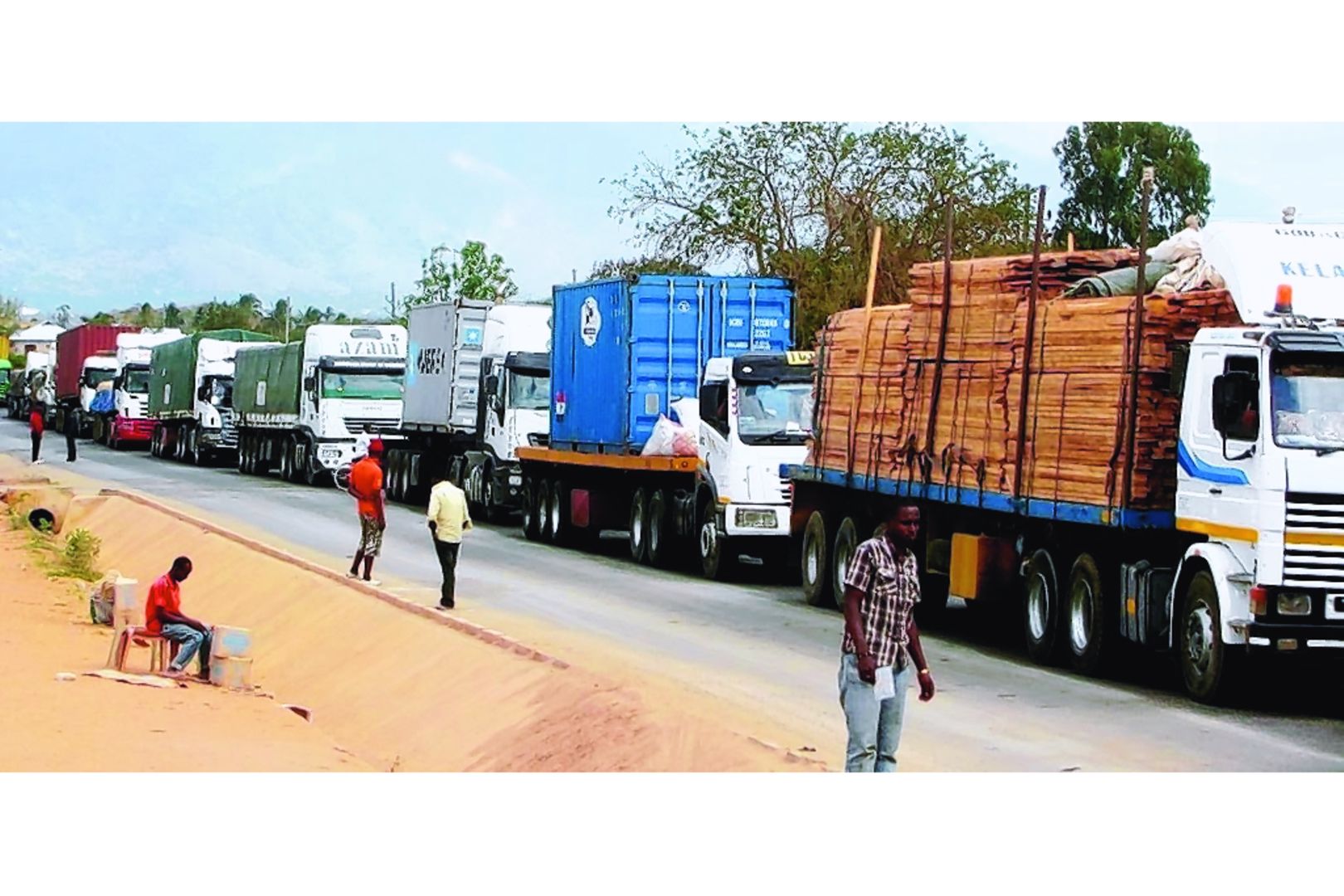MEMBERS of The Tanzania Truck Owners Association (TATOA) have expressed concern over the newly introduced law regarding the taxation of road transporters that requires them to pay between 180, 000/- to 2.79m/- per truck based on its capacity.
A press statement released by TATOA which its members own more than 22,000 trucks transporting about 90 per cent of port freights, said that such a dreadful fixed advance tax, which was introduced in the Finance Act 2022 and is supposed to be enforced by this month would be a burden to transporters in the country and hence, make them less competitive.
“This advance tax is to be paid at the beginning of the tax year before they make any profits, which places a high tax burden on transporters. It also ignores the benefit of planned existing investments which allows transporter depreciation allowance as well as disregarding the basic principle of taxation, being on actual profits rather than assets owned,” the statement released yesterday reads in part.
It goes on to say that enforcing this law if passed and implemented will undoubtedly push a lot of transporters out of business as they will be unable to afford the advance tax and hence negatively impact the logistics sector due to the lack of trucks or even a trigger for inflation if transporters are forced to hike their prices to ensure business sustainability.
TATOA recalls the Finance Bill of June 2022 that suggested a fixed presumptive tax at the rate of 3.5m/- per annum which would apply to individual transporters whose turnover does not exceed 100m/- and that the applicability would be voluntary.
The bill also put in place an option to submit audited accounts for long-distance transporters of passengers for buses with a carrying capacity of forty passengers and above as well as transporters of goods with vehicles having three axles and above.
“Surprisingly Section 65T of the Finance Act 2022 was published with changes which widened the net to all transporters by road contrary to the Bill, by substituting the term individual with the person.
Also, the maximum revenue threshold of 100m/- was removed and the Act provided for progressive taxation based on load capacity ranging from 180,000/- to 2.79m/-,”
The press statement goes on to quantify that with this legal provision, a transporter with 400 trucks has to pay an advance tax of 1,11tri/- even before doing any business and realizing any profits.
“This is rather unrealistic as it implies that the business is expected to generate a profit of at least 3.7bn/-, which practically is not possible based on historical industry average data and business dynamics,”
Source: allafrica.com
Share this news
This Year’s Most Read News Stories

Tanzania PS Wants Greater Public Awareness in Health Insurance
Dodoma — PERMANENT Secretary (PS) for Health Ministry, Prof Abel Makubi, said accomplishing universal health insurance requires greater awareness to members of the public before the programme kicks off on July 1, 2023.Continue Reading

US taps Tanzania for infrastructure plan in battle with China for minerals
Washington wants to tap into the country’s minerals, particularly its nickel mines.Continue Reading

Mbeto on Mwinyi: He created today’s affluent people
The CCM Secretary of Ideology and Publicity (Zanzibar), Mr Khamis Mbeto Khamis, said the late President Ali Hassan Mwinyi was the architect of the current class of affluent people.Continue Reading











